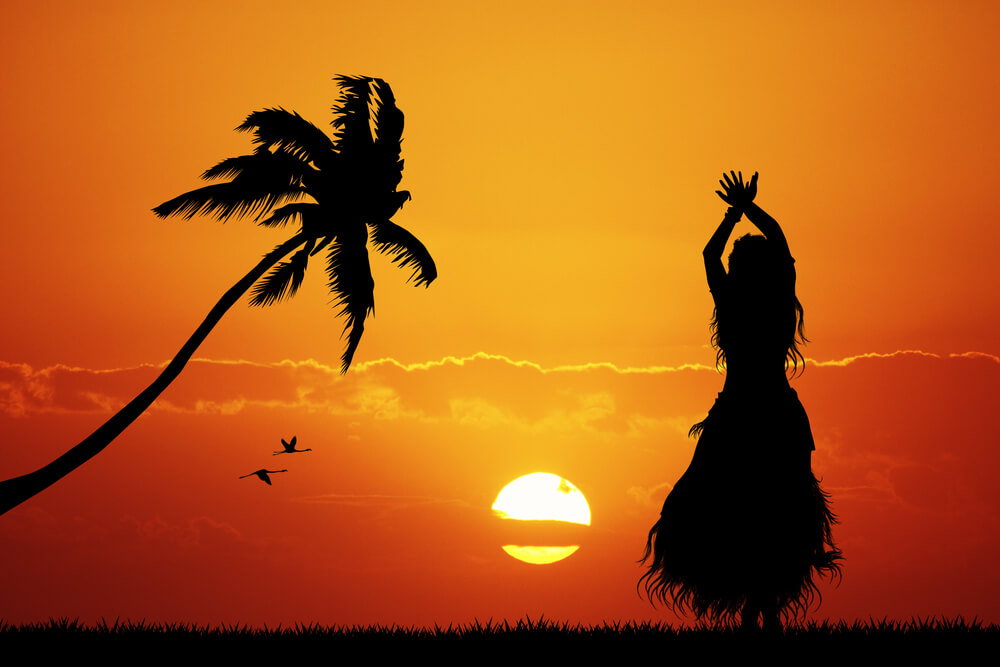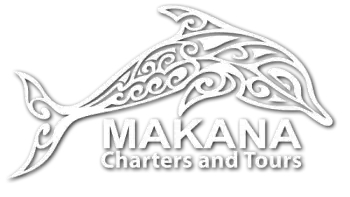Hawaii is well known for its tradition and cultural lifestyle and the State’s oldest island is no different. Otherwise called the Garden Isle, Kauai is not only rich in greenery, but also in its deep rooted culture and tradition which have been carefully preserved by the locals.
Kauai’s unique culture is evident from the local theatre performances, songs, dance, music, food and native arts. The entire island beams with the spirit of Aloha, taking pride in their heritage and where they came from.
Let’s take a look at some of such unique cultural experiences you can have on Kauai during your next visit:
Hula Dance and Luau
When we think of Hawaii, the first image that usually pops into our head is of a native hula dancer wearing grass skirts and swaying her hips with a big smile on her face. Hula is not only a form of entertainment on the island, but a way of life for many men and women.
This storytelling dance form is an ancient art, having many roots, reflecting the respect Hawaiians have towards the elements that support their existence. The performance can be paired with chants and music used to animate history, prophecy and stories.
Hula can be seen on any day of the week if you’re in Kauai. Places like the Kauai Marriott Resort, The Hyatt Residency and Poipu Shopping Village host hula shows on specific days of the week (Please check the schedule). Most festivals, events and competitions in Kauai are also accompanied by hula performances.
In Kauai, Hula and Luau usually go hand in hand. Luau is a grand celebration of food, music and culture and is organized to celebrate important milestones in life. Luau’s trademark is its menu which involves Kalua Pork cooked in an imu (earth oven), coconut pudding and poi along with other island delicacies.
The Aulii Luau at Sheraton Kauai Resort, the Grand Hyatt Kauai Luau at the Grand Hyatt Resort, Smith Family Garden Luau and, of course, the Luau Kalamaku are among the prominent luaus on the island. Luau Kalamaku takes place in the historic Kilohana Plantation and is Kauai’s only theatrical Kauai.
Prominent Festivals
People of Kauai love to celebrate and their rich culture gives them ample opportunities to do that. One such popular festival is Koloa Plantation Days (July), when the shy little town of Old Koloa comes to life with food, entertainment and other activities to celebrate the town’s ancient multi-cultural heritage.
Other notable festivals celebrated on the island include the Waimea Town Celebration (late February), Prince Kuhio Festival (March), Kauai Mokihana Festival, Emalani Festival honouring Queen Emma (October), Coconut Festival (October) along with other such grand ones. No matter what time of the year you visit Kauai, you will always find an occasion to celebrate.
Kauai’s ancient Flame Throwing Festival also deserves a mention here. The Oahi ritual, as it is called, was used by Hawaiian royalty in ancient days to celebrate notable victories by throwing flaming embers from atop high sea cliffs. The event can be witnessed even today on the northern shore of the island.
May Day is Lei Day!
Lei is a garland of flowers, mostly used in the island as a mark of Hawaiian tradition. First introduced by Polynesians, early Hawaiians used lei made of seeds, nuts, shells, leaves and flowers as offering to Gods. In the Hawaiian islands, lei also carries a perceived ornamental value as people wear them to set themselves apart from others.
May 1st or May Day is also known as Lei Day on the island. On this day, the locals make and give lei to fellow locals and tourists they meet, in an attempt to honor the ancient Hawaiian tradition. May Day is a grand celebration in Kauai comprising of lei making competition, Hawaiian music, hula, cultural demonstrations, food and crafts.
Lei Day has grown to become a statewide festival which attracts many tourists, who specifically flock to the island during the first week of May to witness the extravaganza.
Sacred Heiaus
Heiaus are ancient places of worship revered by early Hawaiians. While one Heiau stood as an ode to Sun God, another served as a sacrificial temple. Similarly, each Heiau had distinct functions and were used by particular segments of society. A Heiaus can be a single upright stone or a large complex structure depending upon their importance.
The Wailua Complex of Heiaus in the Wailua River State Park is a National Historical Landmark and a symbol of religious and political power exercised by the Hawaiian Royalty. Luakini Heiau, the largest Heiau in the complex, was constructed by the ali’ai moku, or the island chief. The place was mainly used for rituals involving human and animal sacrifice.
Other prominent Heiaus in the Wailua Complex are Hikinaakala Heiau, Poliahu Heiau and Malae Heiau along with numerous birth stones (where queen’s have birth to royal heirs) and Places of Refuge. The Heiaus sites are located near Wailua River and can be accessed via Kuhio Highway.
Conclusion
To learn more about Kauai’s culture, you can visit the Kauai Museum or Grove Farm Museum in Lihue. Mixing with the locals and living like one is one of the best ways to understand the island’s roots and experience the place on a whole different level.
Do share your Kauai experiences with us.




Comments
I’m just learning about the culture and am fascinated by the beauty of it and the beauty of the islands.. looking forward for my first trip to kaui this August to celebrate my 51st birthday in which I never thought I would and celibate my 12th anniversary in which I trueling would never come… love all the info…